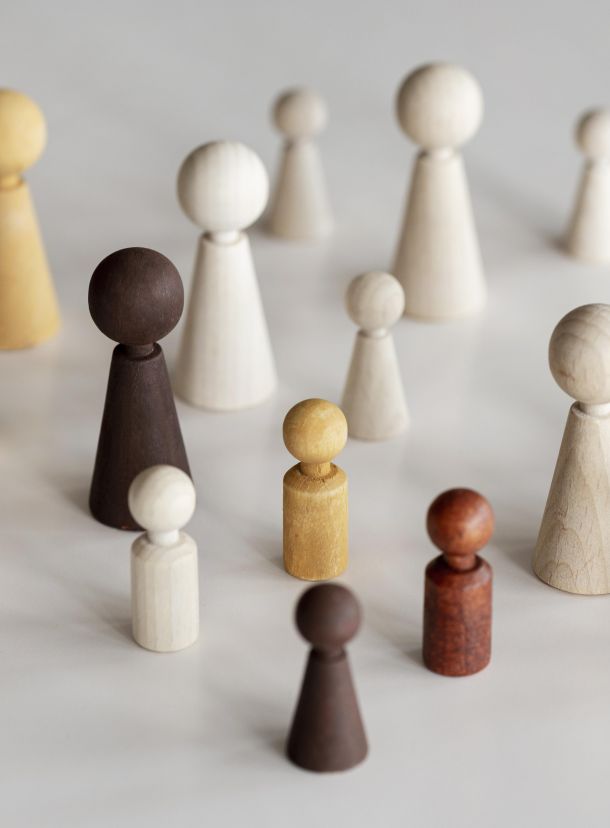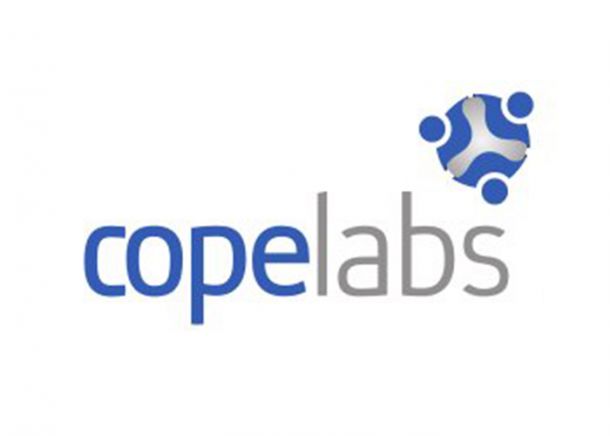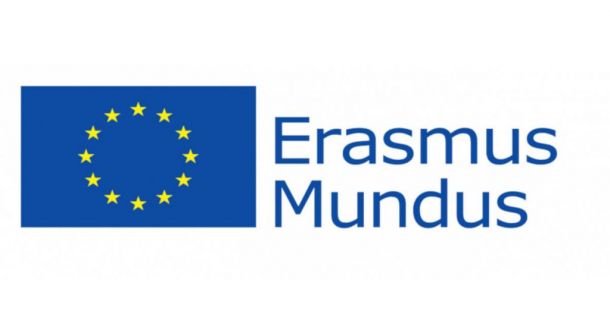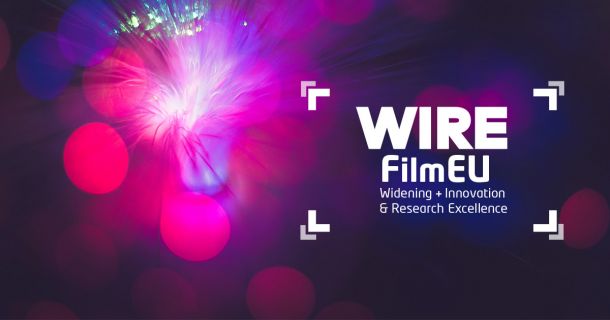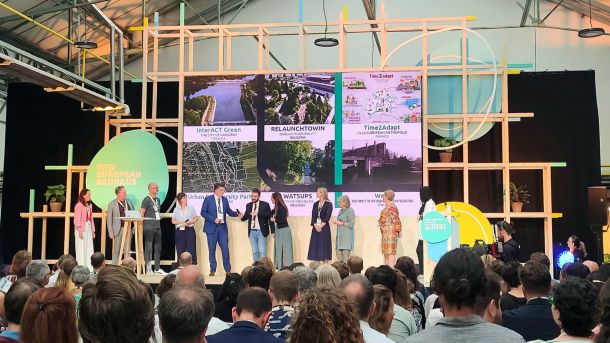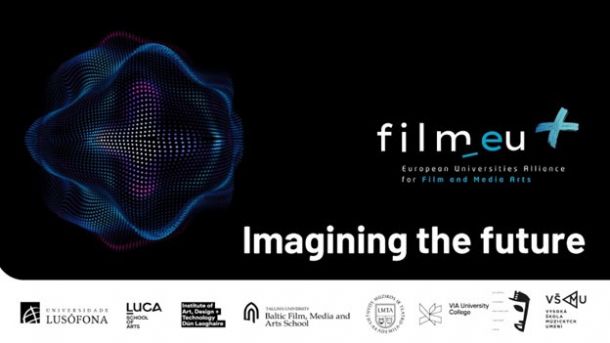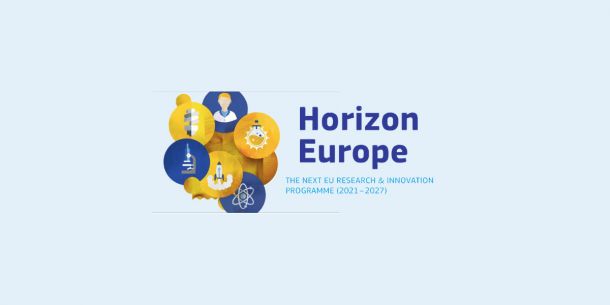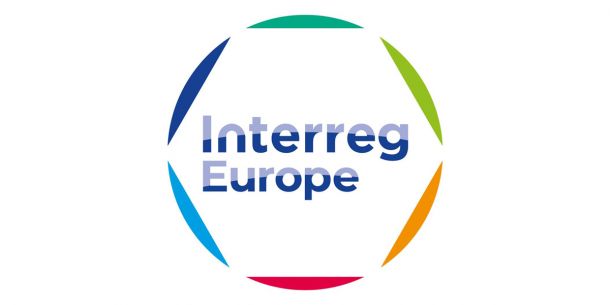News
The Societal Impact of Research is the impact that research has outside of academia. It includes how research benefits or contributes to changes in the economy, society, culture, politics or public services, health, the environment or quality of life.
Erasmus Mundus has granted approval for an innovative Master's Degree program known as Bio.Natural - Chemistry of Natural Bioactives. This cutting-edge two-year international initiative is a collaborative effort involving distinguished institutions, including Lusófona University - COFAC/ULHT (Portugal), Università degli Studi di Siena - UNISI (Italy), Zagreb University - UniZG (Croatia), and Ruđer Bošković Institute - RBI (Croatia). Delivered entirely in English, the program aims to cultivate competitive specialists in natural products chemistry, focusing on the development and commercialization of bioactive products derived from natural sources, with applications in pharmaceuticals, dermocosmetics, medical devices, and dietary supplements.
Lusófona University and FilmEU are thrilled to announce its successful bid, WIRE FilmEU, for the HORIZON-WIDERA-2023-ACCESS-03-01 call, funded by Horizon Europe. The proposal was promoted by the FilmEU Alliance, and aims to drive Research & Innovation capacity building efforts within the alliance, with a specific focus on the participating widening countries.
Lusófona University's groundbreaking research on transforming atmospheric humidity into renewable energy has gained international recognition! The Guardian recently featured their project, Catcher, which aims to revolutionize energy generation using air moisture. Led by Professor Svitlana Lyubchyk and her twin sons, the team has made remarkable progress, developing a compact device capable of generating electricity. They aim to have a prototype ready by 2024, with the potential to generate 10 kilowatt-hours of energy per day, equivalent to the average power consumption of a UK household.
COW has won the most prestigious grant from the EU for urban innovation, the flagship European Urban Initiative (EUI), with a €5 million grant. COFAC is a key partner in the project as via the Center for Other Worlds its researchers provide expertise on New European Bauhaus values and working principles.
FilmEU, the European University dedicated to the cultural and creative industries, is thrilled to announce the allocation of €12.8 million in funding from the European Commission. This significant investment solidifies the European Union's dedicated support for the FilmEU Alliance, marking a pivotal moment in the advancement of arts and culture education across Europe.
Testing and demonstrating transformative solutions to build resilience towards health risks caused by the effects of climate change
Projects results are expected to contribute to all of the following expected outcomes:
Hop on Facility
The Hop On Facility allows for legal entities from low R&I performing countries to join already selected collaborative R&I actions, subject to the agreement of the respective consortium and provided that legal entities from such countries are not yet participating in it. The scheme aims to improve the inclusiveness of Horizon Europe by involving more research institutions from Widening countries under Horizon Europe Pillar 2 and EIC Pathfinder actions.
Second call for projects
We support interregional cooperation projects.
Our projects bring together policy organisations from at least three different countries in the 27 EU member states, Norway and Switzerland. For four years, they learn from each other and work together on a shared policy issue.





